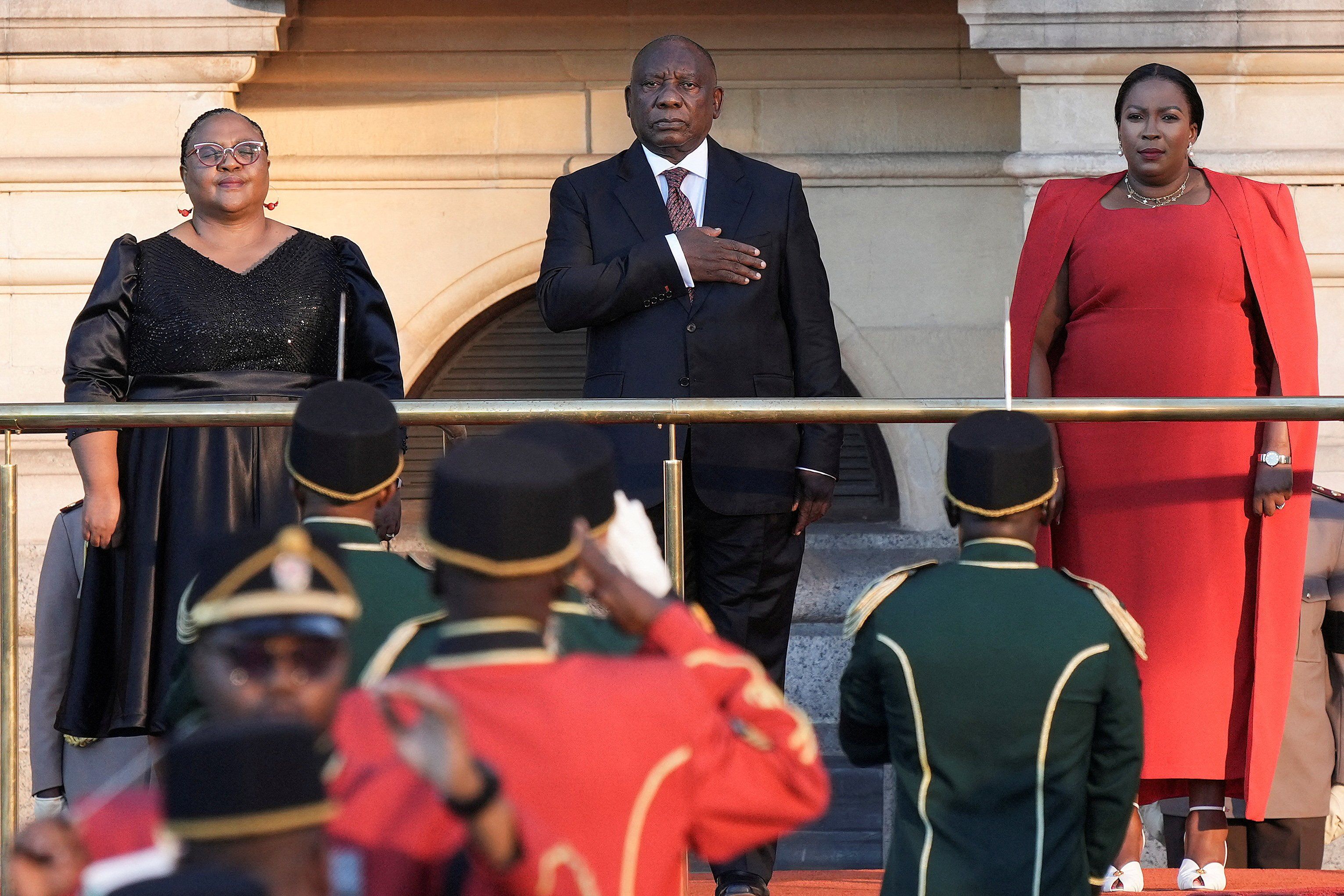South Africa’s ruling coalition, made up primarily of the African National Congress and the Democratic Alliance, is showing signs of a possible crack in its government of national unity.
The two parties have been rivals in the past but agreed to work together following elections last May. They have exceeded expectations for how long the coalition could last, but challenges remain, and the DA has proven the weaker partner, with its policy proposals often ignored.
A fight flared between the parties on Wednesday over the ANC’s budgetary proposal to boost the value-added tax, or VAT, by 2%. If it passed, it would take VAT up to 17% on a broad variety of goods, services, and transactions, with exceptions for necessities like basic foodstuffs. The VAT increase was supposed to help fund improvements in security services, infrastructure, health care, and education programs.
But Finance Minister Enoch Godongwana delayed the budget presentation on Wednesday as a result of the squabble, making this year the first time the government won’t present its budget to parliament in February. Coalition leaders must now discuss adjustments before the rescheduled presentation on March 12 — and before the country’s fiscal year starts on April 1. But the delay does mark a win for the DA, showing it can hold its own against the more dominant ANC, even if it doesn’t yet have a viable alternative budget proposal.
While this may be a strong showing for the DA, Eurasia Group’s Amaka Anku says that none of the parties actually want the VAT.
“The ANC is really committed to projecting a sense of unity in the coalition and national government, of national unity, and not making this about ANC and the DA,” she says. Still, a tax increase in some form is likely to come since there’s no clear alternative for raising revenue.
